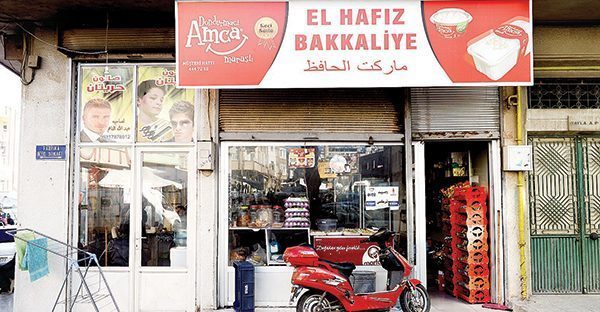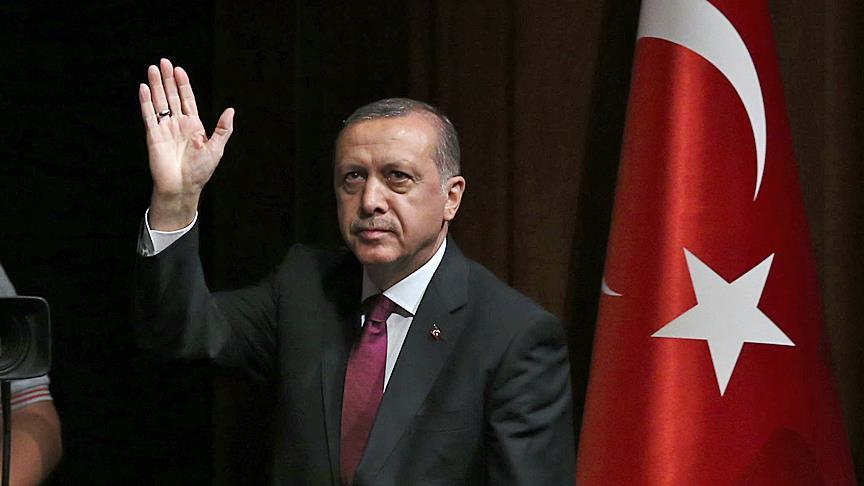
Turkish president Recep Tayyip Erdogan announced on Wednesday that Turkey would officially enter into a state of emergency for three months beginning on Thursday, July 21 2016. In light of the strong Syrian presence in Turkey, several questions arise in the aftermath of the failed coup:
How will Syrians be affected by the emergency law that has recently been declared?
Is it going to change the rhythm of their daily lives?
What are the risks for the well-being of Syrians in Turkey, if any?
State of Emergency defined:
Under the broad definition of “state of emergency” a government or division of government (i.e., on a municipal, provincial/state level) can suspend and/or change some functions of the executive, the legislative and/or the judiciary during a designated period of time. It alerts citizens to change their normal behavior and orders government agencies to implement emergency plans. A government can declare a state of emergency during a time of natural or human-made disaster, during a period of civil unrest, or following a declaration of war or situation of international/internal armed conflict.
The state of emergency is an extraordinary system countries turn to in the event of a breach of security — as in the case of the recent coup attempt in Turkey. In this case, the ruling temporarily suspends civil laws, either nationwide or in specific areas, or subjects them to broader control by executive powers on a national, municipal, provincial or state level — for the purpose of working to restore security and stability in the area. Sometimes governments are compelled to impose martial law in natural as well as man-made disasters that they believe endanger the lives of citizens. The procedure for, and legality of doing so, varies by country.
Emergency Law in Turkey allows for the inspection of peoples, places and means of transportation without being bound by the provisions of the Criminal Code or any other law that would put personal rights ahead of national security. It also allows for the use of force to the extent necessary in the case of opposition or resistance.
It also allows for monitoring and censorship of other types of correspondence including media generated print, audio and visual material and social networks as well as cinema platforms and advertising.
It includes the right to evacuate certain areas as well as to impose curfews and the closure of all or specific public roads when deemed necessary, grants the right to organize or restrict means of transportation and communications, allows for increasing rates of daily working hours for employees in the public service and facilities at central and/or local levels within a particular department or administrative unit.
Emergency Law in Turkey also prohibits all forms of protests, demonstrations, strikes and all that would disrupt public life and possibly spread chaos and disorder.
Are Syrians going to suffer under this emergency law?
One of the drawbacks to the broader definition of “state of emergency” is that it can also be used as a rationale (or pretext) by autocratic and authoritarian governments for suspending rights and freedoms guaranteed under a country’s constitution or basic law such as happened in Syria.
Most Syrians currently living in Turkey are suffering from lack of knowledge of the Turkish language which prevents them from fully understanding what the declared state of emergency means in Turkey.
Hopefully Turkish officials will realize that many Syrians may be confused about what they should, and should not do. Especially since many of them remember having to coexist with emergency laws in Syria that restricted their basic rights for 48 years — beginning in 1963 when the repressive Baath regime seized power in a military coup — which was completely different from the state of emergency in a democratic country such as Turkey.
At the beginning of the revolution in 2011, Assad lifted the state of emergency as one of his so-called “reforms” intended to pacify the protesters. But the end of martial law did not mean an end to the regime’s abuse of power, nor its brutal oppression of the Syrian people.
However, martial law has not been imposed in Turkey and a number of Turkish officials have assured their fellow citizens that the recent decision of the government to declare a state of emergency for three months will not affect the average citizen’s daily life — rather it is a measure that has been taken to fight a parallel entity in the country which presents a risk to all.
In the context of how all this may relate to Syrians, many observers say that the state of emergency in Turkey will not change anything for Syrians and should not affect them at all as long as they remain sensitive to the situation and cooperate with Turkish authorities when called to do so.
Regarding the matter of prior authorization for travel as it applies to those living in Turkey, this was required for Syrians even before the coup. For those who hold a temporary protection card — called Kimlik — nothing will change regarding this matter either because it was also originally imposed for security reasons.
For his part, Foreign Minister, Mouloud Jawish Oghlo, tweeted: “Today the state of emergency is a procedure applied by Europe and the world as necessary, without hesitation,” noting that “Turkey’s decision to declare a state of emergency is intended to protect national security and democracy in the country.”
In addition, Interior Minister, Avkan Ala, said, “The state of emergency will not pose any negative impact on the lives of our citizens, but will provide momentum to the work of the state in the fight against terrorism.”
R. Sikora, Orient news



